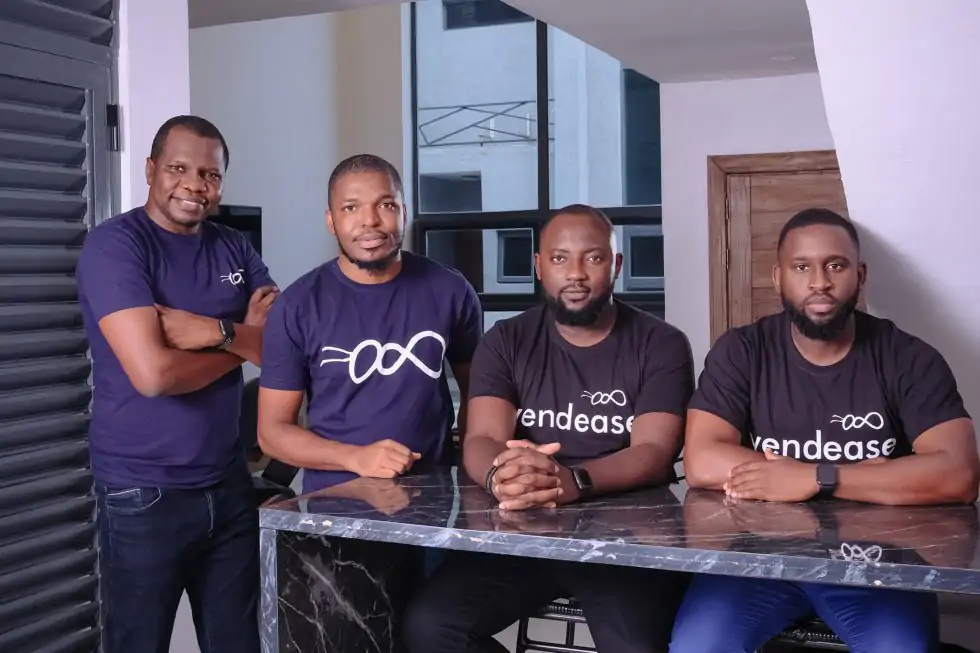Africa’s workforce is growing rapidly, but most companies still lack the tools to manage this growth.
By 2030, the continent is expected to have the largest working-age population in the world, of over 1.1 billion people, according to the World Bank. However, while job opportunities are increasing, many businesses still struggle with inefficient hiring processes, outdated employee data systems, and a lack of insight into workforce trends.
For companies across sectors, from banking to logistics, it’s becoming harder to answer questions like, who should we hire next? Where are our skills gaps? Which employees are at risk of leaving? Most organizations don’t have the infrastructure to track this, and even fewer have the time to build it from scratch.
Sqill, a platform developed by Nigerian startup Howvar, wants to change that by helping companies make smarter workforce decisions using artificial intelligence.
Building Intelligence Around Africa’s Labour Data Gaps
Sqill describes itself as a workforce intelligence platform, which, in simple terms, means it helps organizations understand and manage their people using real-time data.
The platform uses AI to power four core functions:
- Predictive hiring & talent matching
AI recommends the best-fit candidates based on skills, experience, and even cultural compatibility, not just keywords on a CV. - Workforce analytics & compliance automation
Offers a live dashboard of workforce metrics: who’s likely to leave, which departments are underperforming, and what regulatory deadlines are approaching. - AI-driven upskilling & certification
Integrates learning paths and certification programs (through a partnership with PECB, a global ISO training provider) to help companies grow talent internally. - Easy integration
Sqill plays nice with your existing HR systems with no need for a full tech stack rebuild.
In Africa, where workforce data is often fragmented or incomplete, this kind of intelligence layer isn’t just a luxury; it’s infrastructure.
“Global HR systems assume your data is clean and structured,” says Omogbolahan Alli, the co-founder of Howvar. “That’s not the reality here. Sqill was built for companies that operate in messy environments where the data is there, but not always where you need it.”
Unlike tools like Cornerstone OnDemand or Lightcast, which were built for the US and Europe, Sqill is designed to work even when data points are missing. It uses machine learning to connect what information is available from CVs, assessments, and training records and generate workforce recommendations from there.
From Enterprise Software to Workforce Tools, Built on Lessons from the Field
Before building Sqill, Alli spent years working at the intersection of fintech, enterprise tech, and talent. He led software engineering teams at Andela and built core digital products at Access Bank and First Bank.
Beyond the corporate world, he’s been involved in large-scale digital skills initiatives. He co-developed Advance Africa, a tech scholarship program launched by Access Bank in partnership with Udacity, which trained over 20,000 African youths in cloud computing, AI, and software development.
He’s also spoken at MEST Africa and Opportunities in Tech, and co-organizes DevFest Lagos, one of the continent’s most significant gatherings for software engineers. He is also a member of the Harvard Business Review Advisory Council, where he contributes insights on digital transformation.
Alli says that Sqill is the product of these experiences, “a tool I wish I had while building teams inside large organizations.”
Traction and Partnerships
While still early in its rollout, Sqill has already secured a partnership with PECB, a global ISO-standard training and certification body. This allows users on the platform to connect workforce analytics directly to employee development, guiding workers toward industry-recognised certifications based on actual performance and role alignment.
Sqill is also currently onboarding pilot users in sectors such as fintech, services, and consulting, with plans to expand into public sector use cases, including government employment planning and vocational training systems.
According to the company, one of its core goals is to open up API integrations so other platforms like payroll, learning management systems, and recruitment tools can plug into its intelligence engine and surface workforce insights without rebuilding their stack.
A Growing Market, an Evolving Challenge
Africa’s workforce is not only growing in size, but it’s also changing in structure. Informal employment is becoming more digitized, regulations are tightening in high-risk sectors, and businesses are under increasing pressure to improve internal skills rather than relying on external hiring.
For companies navigating this shift, the ability to track workforce trends and respond in real time could be the difference between survival and scaling.
Sqill isn’t claiming to replace HR. It’s offering a brain to sit behind it.
As the platform grows, it may help shape a new category of tools tailored to Africa’s workforce realities – software built not just to document people but to help organizations understand them.




